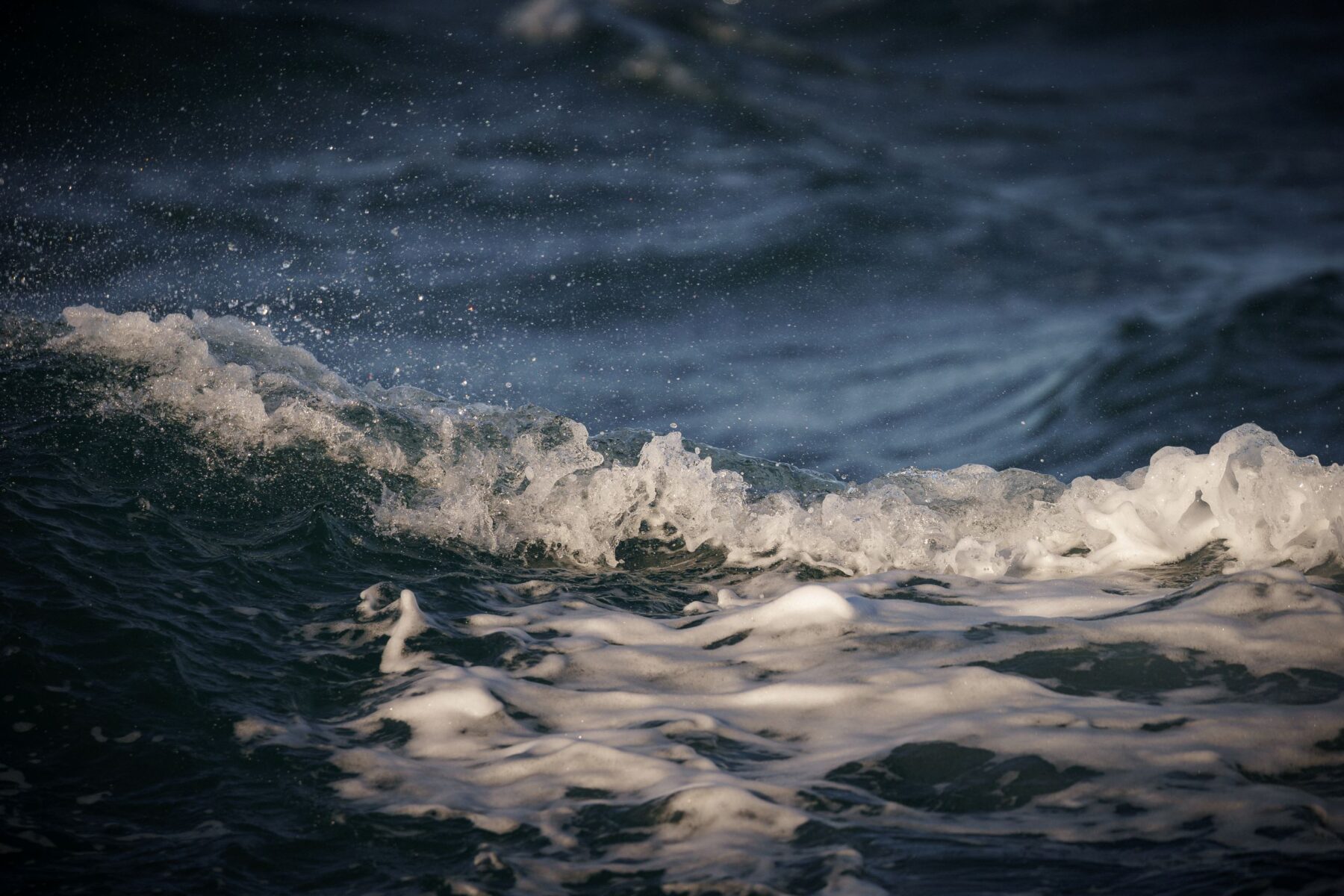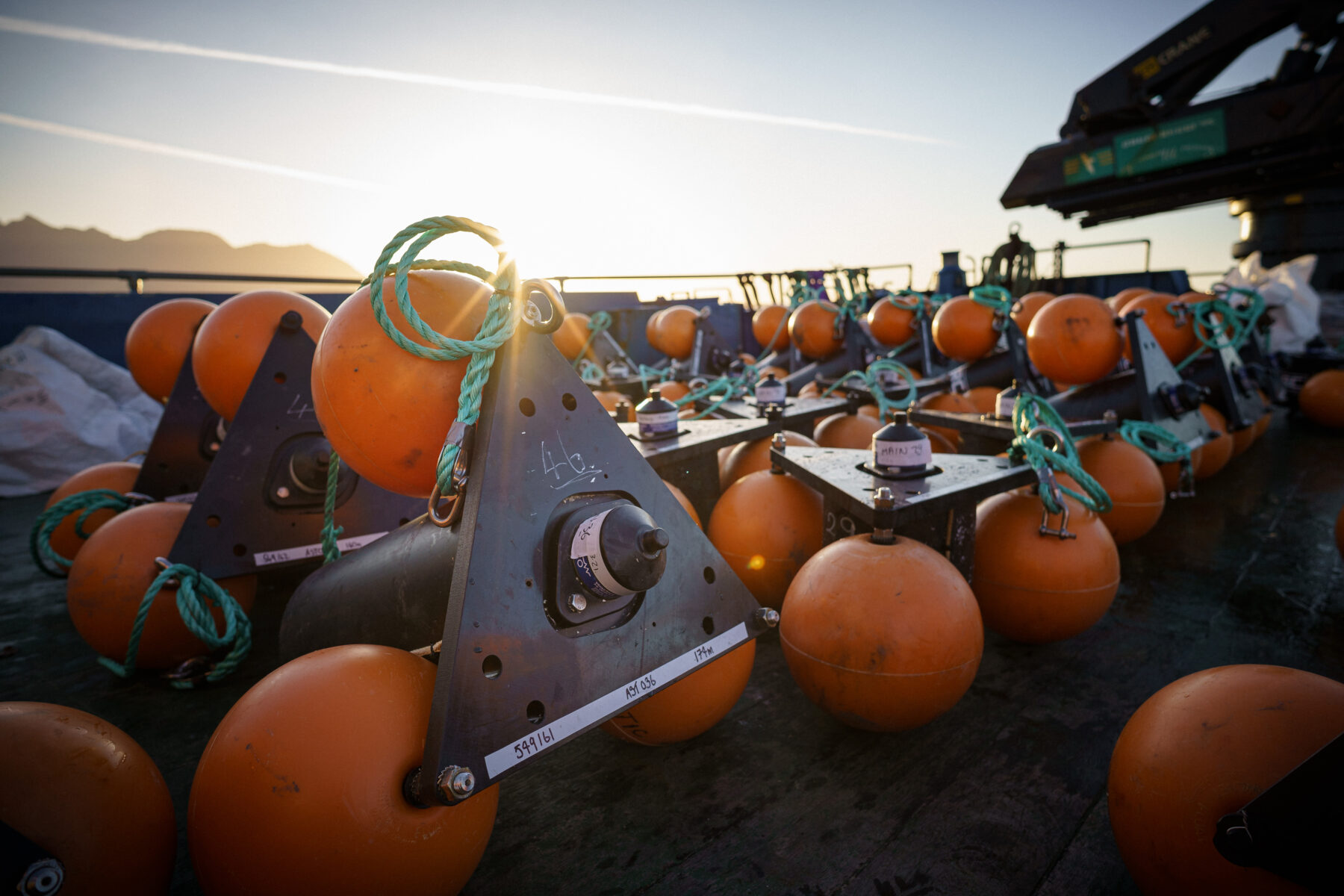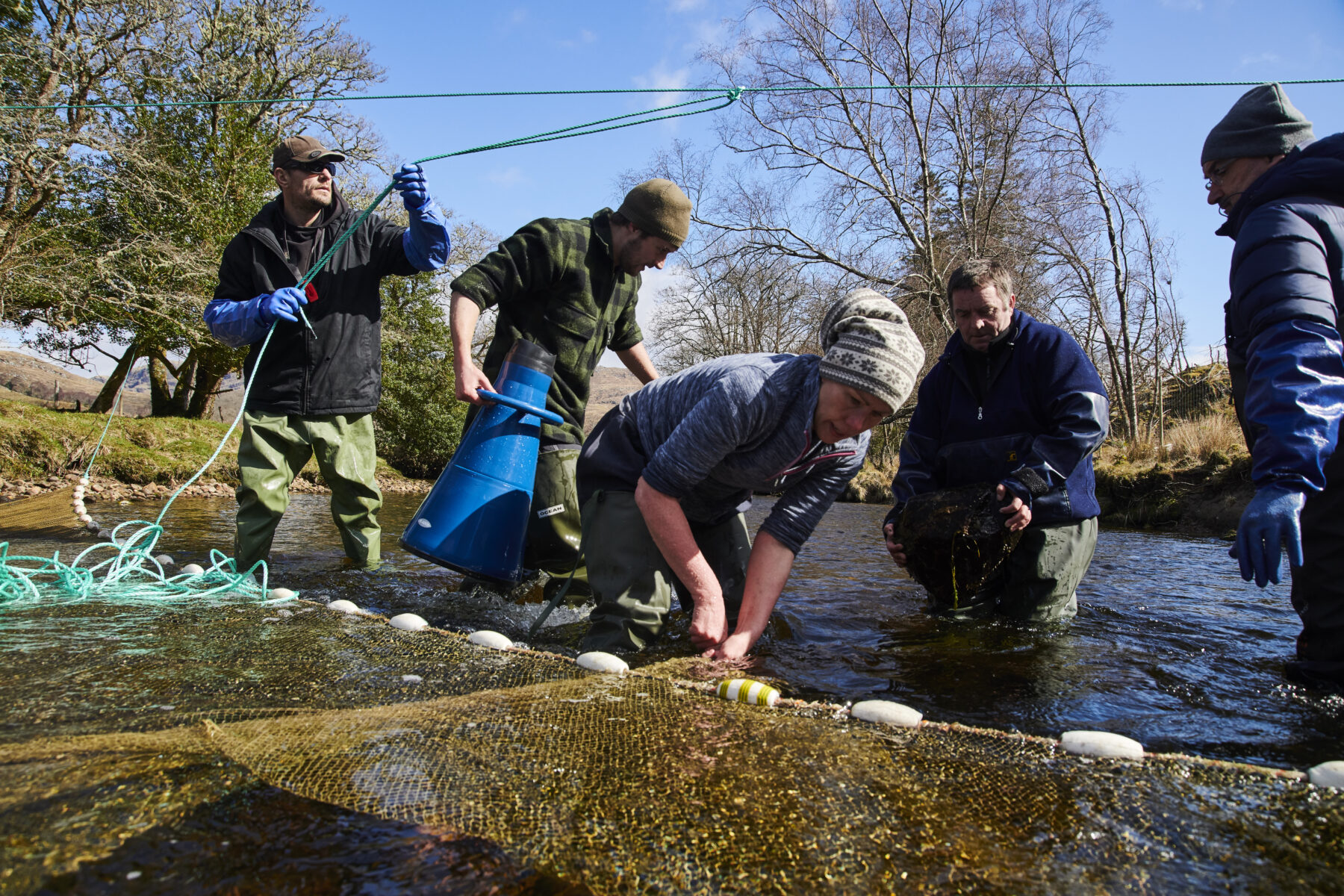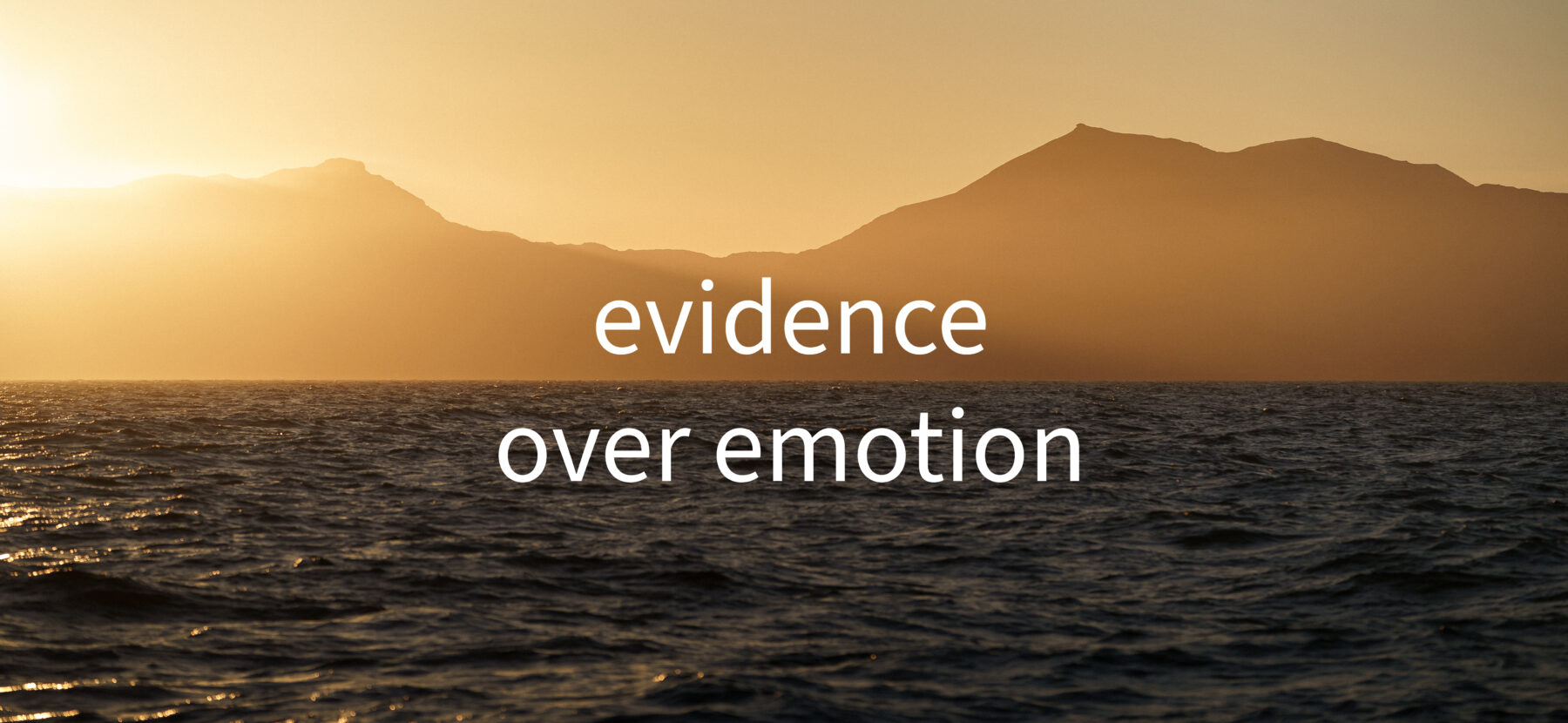by Mark Bilsby
The Atlantic Salmon Trust’s mission is to halt and reverse the decline in wild Atlantic salmon and sea trout by influencing policy change through science and action. Working constructively with other conservation groups in our sector is vital if we are all to reach that goal together.
Earlier this year we set out our policy statement on salmon aquaculture. You can find it here. In that statement we said:
‘‘It is beyond doubt that salmon and sea trout can suffer from the presence of open pen salmon aquaculture, due primarily to a combination of harm from sea lice infestations and interbreeding with farm escapees. These problems have severely impacted individual populations of wild salmon and sea trout. It is for this reason the Atlantic Salmon Trust remains strongly opposed to unsustainable open pen aquaculture.’’
AST Policy Statement on Aquaculture, March 2022.
Many of our friends and partners working in the wild fish conservation sector have strong, passionate views on aquaculture and we understand and share their concerns. Our approach is this: It is our firm belief that we at the Atlantic Salmon Trust, along with our partners in the Missing Salmon Alliance, can play a key role in improving and making sure that the regulatory regime for aquaculture in Scotland is fit for purpose, through the provision of solid scientific evidence. For us, this is all for the better protection of wild fish. If we are to achieve real, meaningful outcomes for wild fish, the only route to success is through the channels of regulation and making sure it is transparent, effective and enforceable.
The policymakers demand evidence, not emotion, and our goal is to provide that information. Our focus is, and has always been, on turning our science into real outcomes that benefit wild fish.
It’s time we addressed some misconceptions…

Our research on the west coast of Scotland
One of the many projects we are working on, The West Coast Tracking Project, is a joint partnership between ourselves, Marine Scotland and Fisheries Management Scotland. The explicit aim of this research project is to better understand the movements of wild salmon smolts on Scotland’s west coast and how exactly they interact with various pressures, including aquaculture.
The project’s findings will be combined with other ongoing scientific efforts, such as Marine Scotland’s sea lice dispersal modelling on the west coast, to see exactly where the smolts are most vulnerable to lice. The project has already yielded findings which will inform SEPA’s Sea Lice Risk Assessment Framework. This framework, if implemented as we hope, has the potential to transform the regulatory regime for salmon aquaculture to ensure our wild fish are better protected.

How the project is funded
The West Coast Tracking Project is only one of a number of projects we and our partners are involved in. In the case of the West Coast Tracking Project, the partner organisations agreed that the aquaculture sector should contribute a portion of the project funding as they are a relevant industry operating in the area with a known interaction between farmed and wild fish.
A freely accessible document which outlines the funding is available here.
All the funds described in that document are, and have always been, restricted – meaning that they can only be used for the West Coast Tracking Project and not for any other purposes. The design and delivery of the programme is decided solely through a project governance group formed by the Atlantic Salmon Trust, Fisheries Management Scotland and Marine Scotland. There have never been any agreements, formal or informal, with the aquaculture industry that dictated the design of this programme, or restricted the activities of the Atlantic Salmon Trust or other project partners.
It has always been vital for the science to be independent of any influence. All of the outputs from this project will be subject to full scientific scrutiny through the peer review process and will be published in both the scientific and public press.

The proposed salmon farm development in Argyll
The Atlantic Salmon Trust was contacted for comment by the Loch Long Salmon company with regards to the technology they proposed to use in a planned salmon farm – known as ‘semi-closed containment’. We made it clear that we could not comment on the specific location and planning detail, as we did not have the required detailed local management knowledge. We also made it clear that we could not make a comment on the ability to prevent escapes from the facility, as the moorings and structural detail were beyond our technical expertise.
We did not express any form of formal support for this development or its planning application.
Instead, we stated that we were supportive of the use of semi-closed containment technology which had the potential to have less of an impact on wild fish.

Join us on our mission
The data analysis from Year 2 of the West Coast Tracking Project is now underway and we will be writing up the results this autumn, combining them with the 2021 results. We hope that 2023, the final planned year of the project, will allow us to collate an even better evidence base.
We and our project partners will then be able to release full information on how the project findings will be fed into SEPA’s Sea Lice Risk Assessment Framework. The Atlantic Salmon Trust and our partners in the Missing Salmon Alliance have already been actively putting pressure on regulators and, as the findings from our projects materialise, we will continue to push for the better safeguarding of wild salmon and sea trout through the channels that really make a difference.
I’d like to thank our incredible team who work tirelessly to get hold of the best scientific evidence available, our partner organisations for the vital expertise and resources they bring to our projects, the volunteers on the ground who go out in all weathers to help make our work a reality, and you – our supporters – for recognising that a real, sustainable future for wild fish can come only through partnerships working to deliver hard-won evidence, leading to a better regulatory regime.
Mark Bilsby CEO Atlantic Salmon Trust